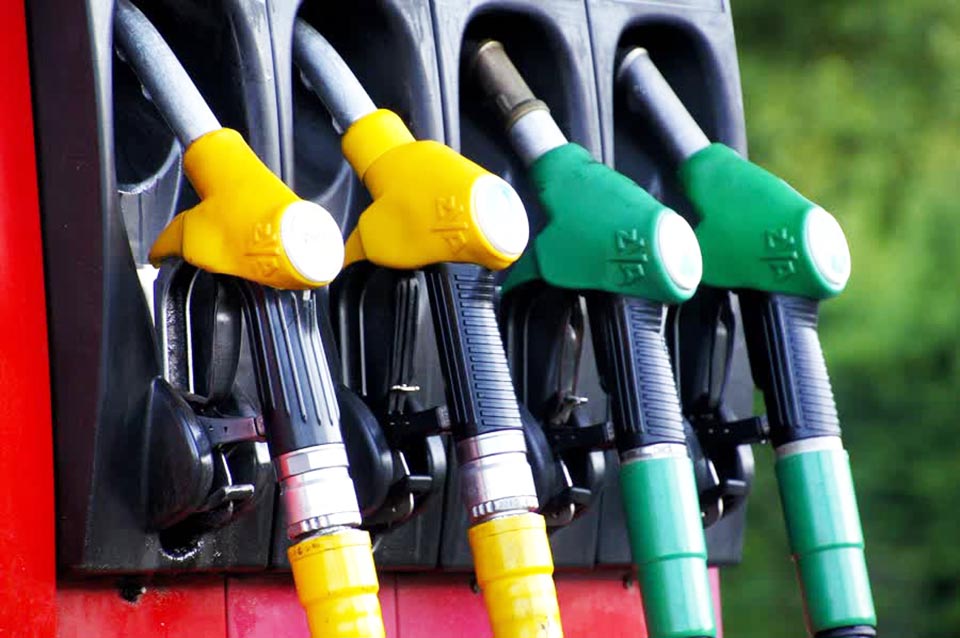
The price of diesel fuel will be kept from exceeding 28 baht per liter between December and March, by means of limiting the types of high-speed diesel fuels offered at service stations to just the B7 variety and asking oil firms to refrain from setting a marketing margin above 1.4 baht per liter. The limitation of high-speed diesel to the B7 type has, however, triggered concerns among oil palm growers who worry that the price of oil palm would be affected.
Prime Minister’s Office spokesperson Thanakorn Wangboonkongchana asserted that Prime Minister Gen. Prayut Chan-o-cha is aware of the concern of oil palm growers and would like to ask for their understanding, as the government is working to address the prices of energy at the system level. Although efforts are being made to trigger the least possible impact, the energy problem involved many income groups, and empathy was needed in order for the solution to the problem to be carried through. The objective of the current measure on diesel price is to enable transportation businesses to continue operating, and the prime minister has tasked the relevant agencies with evaluating the effectiveness of the measure so that information is available for use when implementing future measures related to energy.
Mr. Thanakorn said the government places importance on all types of farmers, as they represent the largest segment of the population and are crucial elements of the economy. The price of raw palm oil has risen greatly during the current government’s term and has almost reached 9 baht per kilogram, which is much more than the previous price of 2-3 baht per kilogram.
The spokesman added that the Cabinet had endorsed the exportation of 300,000 tons of oil palm while the Ministry of Energy worked to purchase 100,000 tons of raw palm oil for electricity generation. These two initiatives were some of the government’s attempts to maintain price stability for oil palm growers. (NNT)
 |
 |
 |





